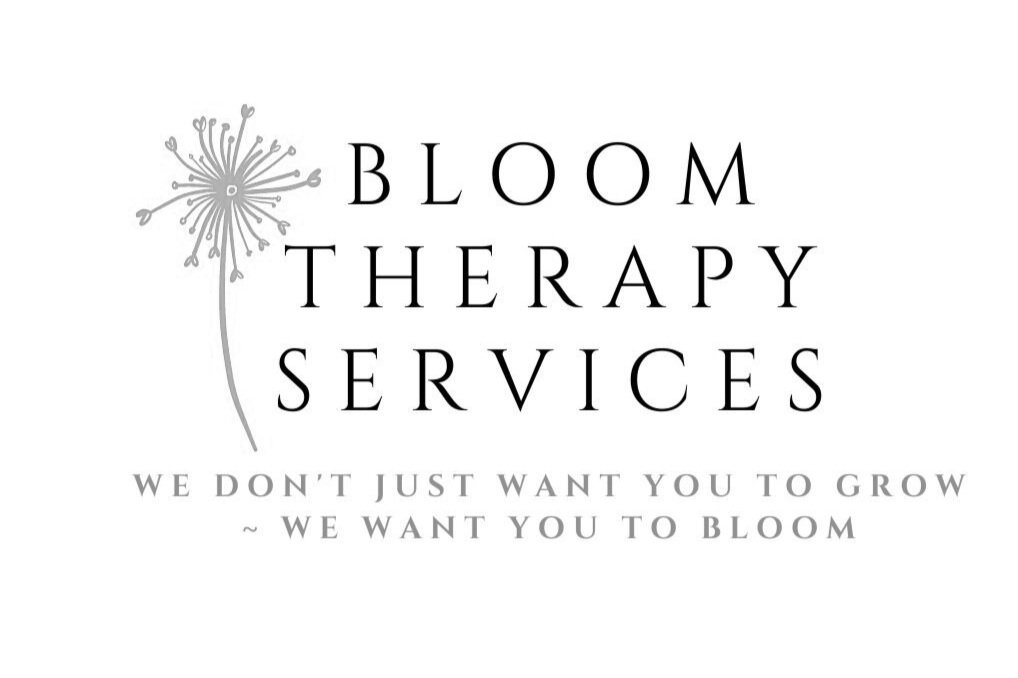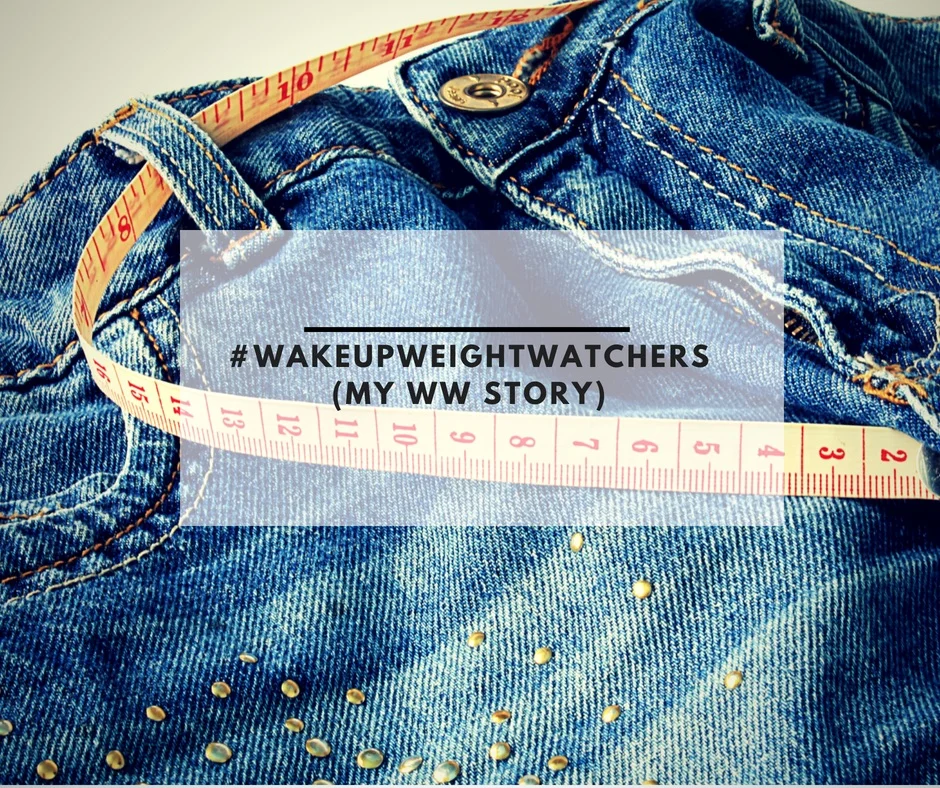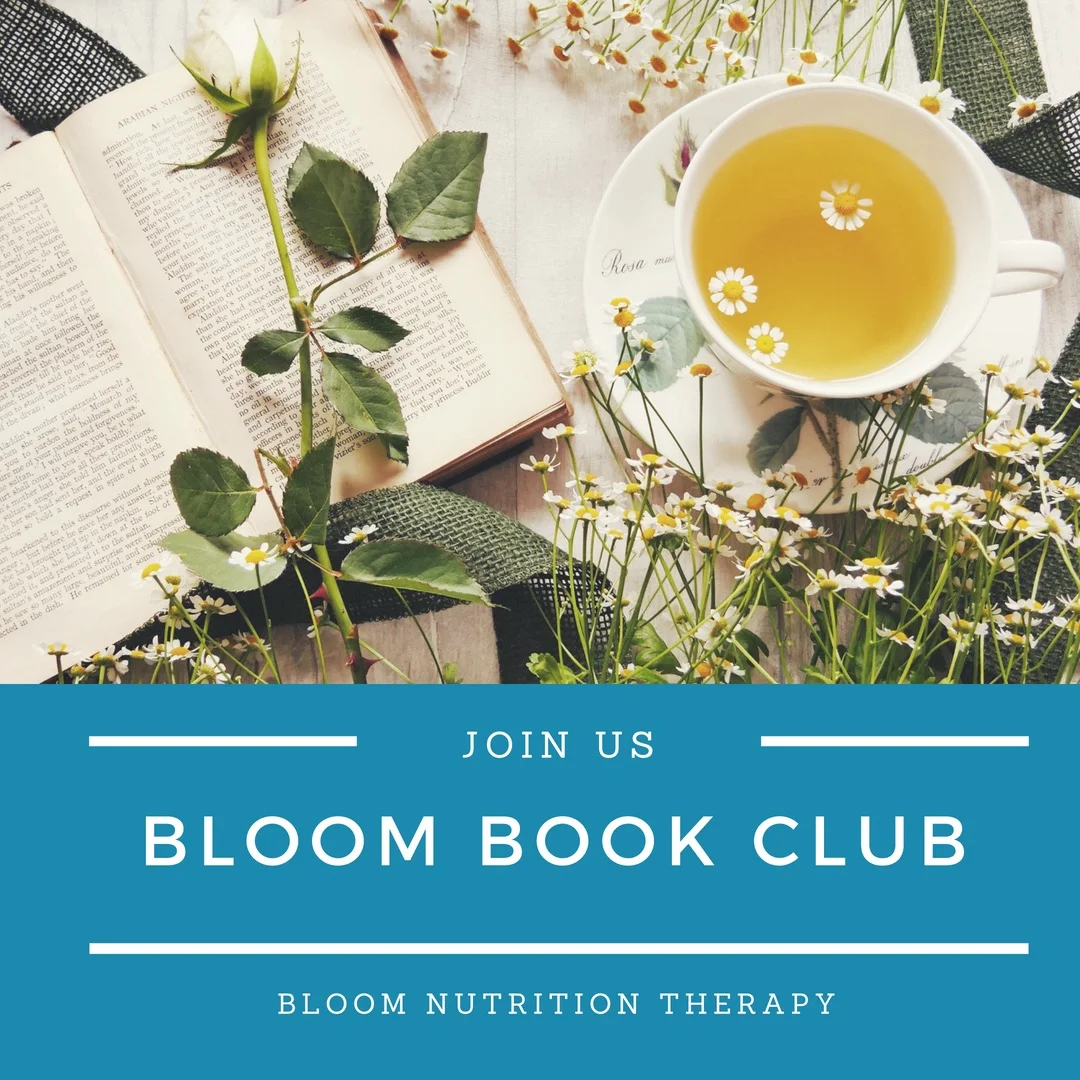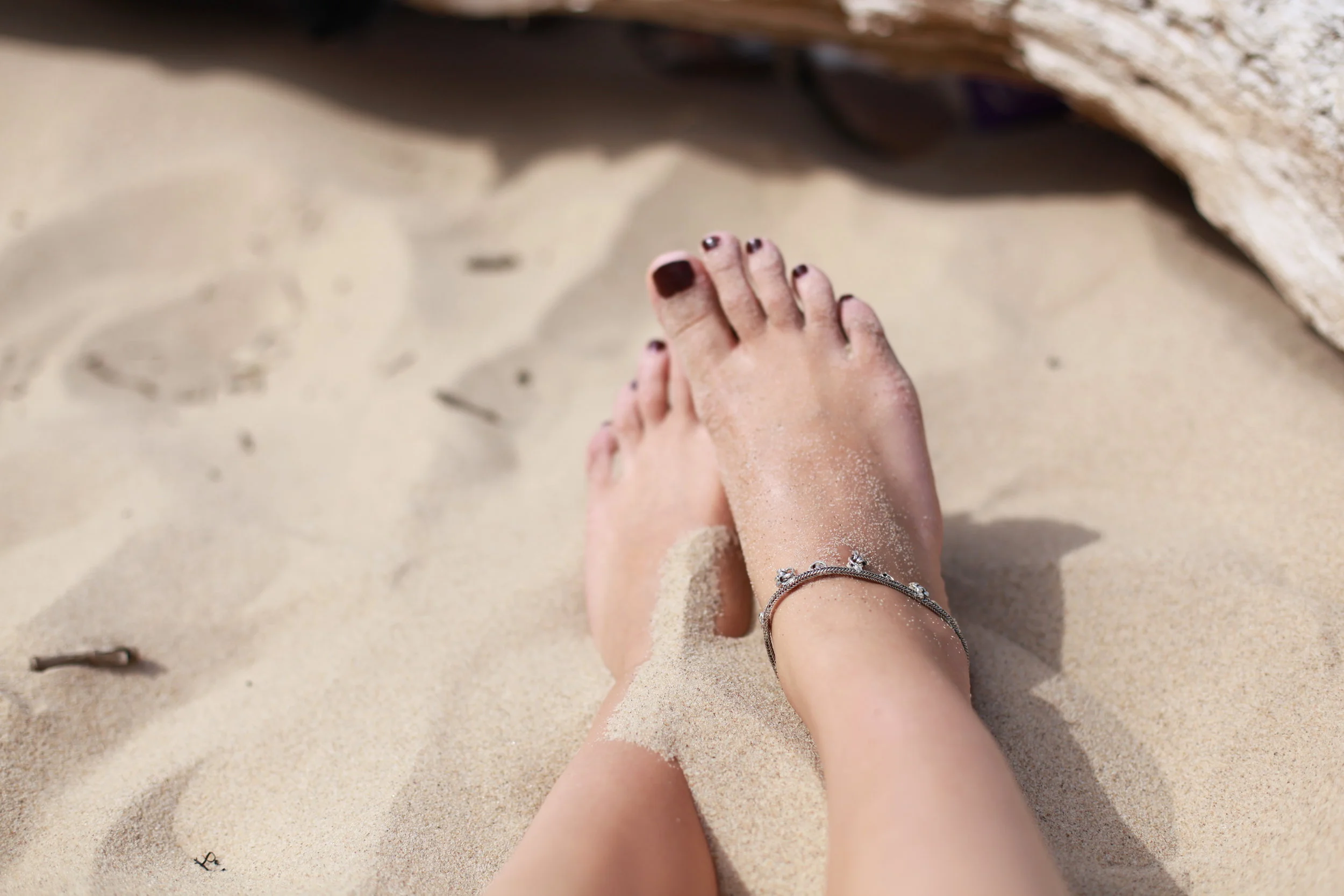#WakeUpWeightWatchers (My WW Story)
A few weeks ago, Weight Watchers announced the company would be offering free signups for adolescents this summer. In a press release the company voiced, "Weight Watchers intends to be a powerful partner for families in establishing healthy habits. During the summer of 2018, Weight Watchers will offer free memberships to teenagers aged 13 to 17, helping the development of healthy habits at a critical life stage." The same release also revealed the company stands to increase revenue by more than $2 billion by new member growth and retention.
A few weeks ago, Weight Watchers announced the company would be offering free signups for adolescents this summer. In a press release the company voiced, "Weight Watchers intends to be a powerful partner for families in establishing healthy habits. During the summer of 2018, Weight Watchers will offer free memberships to teenagers aged 13 to 17, helping the development of healthy habits at a critical life stage." The same release also revealed the company stands to increase revenue by more than $2 billion by new member growth and retention.
This is both disturbing and problematic the company would take such a bold move to "hook" an audience and following at such a young and vulnerable age. With much of society targeting children and adolescents with alarming (and skewed) statistics citing that today's generation will be the first to not outlive their parents due to obesity, the company seems to be taking advantage of a "global problem."
There is much that could be said on this subject and I'm sure there are numerous articles and information you can read which will share all of the data and research as to why this is such a bad idea. Instead of sharing that information again, I thought I could lend to speak to you from experience.
When I was 12 years old, Weight Watchers was my first introduction into the diet world. At this young and vulnerable time, I don't even remember being "overweight," or what society may have deemed as overweight for an adolescent. What I do remember is attending the meetings with my Mom and thinking that it looked like fun. I was intrigued by the community the women had and the idea of a weekly weigh-in where I would be showered with positive attention (if I lost weight) sounded like something I wanted to be a part of, too. Joining Weight Watchers felt like a rite of passage because all women who are grown-ups are on some sort of a diet - or at least that's what I believed.
Obviously I was young, at the age of 12, but I thought I would share here my memories that stand out the most for me from my experience of being a participant of Weight Watchers as an adolescent. My hope is that if you are a parent considering this for your child, that you will reconsider.
What Weight Watchers Taught Me:
- That losing weight was positively rewarded and reinforced, while gaining weight was something to be ashamed of. Many women would even have meltdowns and end up crying after a "bad weigh-in" at the back of the room.
- Lunchtime at school became very complicated and uncomfortable while on WW. During my time at WW, tuna fish sandwiches and carrot sticks were all the rage. So, while all the other children at school were enjoying their lunches with fun snacks and well-rounded meals, I was eating tuna fish and crackers. I remember it feeling very isolating.
- Weight gain was something to be ashamed of. I can remember our WW counselor once posing the question, "What good things come from weight gain?" It was as if implying that only bad things come from weight gain, when really, this shouldn't even be part of the conversation we're having because a specific weight is not the only indicator of better health.
- My Binge Eating began while I was a member of WW. It was almost a known fact that all the women would congregate after the meetings and have a "cheat meal" out together somewhere after the meeting. I can remember eating so much that afterwards I always felt sick and miserable.
These are specific memories I have, but there are many other take-aways for how being an adolescent in WW would have a negative impact on my life for years to come. The program would be my first experience in positive reinforcement for weight loss, thus solidifying in my young mind the falsehood that a thinner body is a better body. Weight Watchers would be the first of many diets that I would try for the next two decades. Like many other individuals who are susceptible to an eating disorder after dieting, Weight Watchers would become my gateway onto this path where I would later struggle with anorexia, binge eating and exercise bulimia.
Considerations Before Enrolling Your Teen
Meeting Are Not Led By Professionals - Perhaps one of the most notable faults of Weight Watchers in considering the program for your teenage child is the program lacks medical or mental health professional guidance. Most community meetings are hosted by a "leader." The Weight Watcher leaders (at least during that time) were untrained professionals who usually were "graduates" of the program having reached their goal weight. As such, they have practically no training as a medical or mental health professional.
Diets Are Not Conducive for Development - Another criticism is the fact that due to this lack of professional guidance, the program would most likely lack the information and knowledge needed to be able to provide adequate care for a developing adolescent body. In present day media, we see numbers and bold, fear-mongering statements indicating that the vast majority of Americans are overweight and are just on the cusp of death! Other statements also tend to claim that childhood obesity is at it's highest ever recorded. However, there is very little said about how many young children and adolescents will actually gain weight during puberty. This is NATURAL and supposed to happen. I'm sure at some point, you've probably heard the statement that children, "grow out, then up." Placing adolescents on a diet could deprive their growing body of the needed nutrients and resources to aid their bodies in the maturation process. This could have a significant impact on brain development, psychological functioning, as well as cause lack of energy.
What Message Do We Want To Send Our Youth? - Lastly, another consideration - do we want the conversation with our youth about better health to be based on their appearance? If as a parent, the concern is of your child's health, are there other areas you can provide improvement without labeling them as a WW member? Are there sports clubs or groups they can become involved in which may also lend to healthy discussion about their changing body? For example, Girls On the Run is a national organization which teaches young girls about their body and has mission to encourage confidence, self-respect and empowerment. There may be other ways to help your adolescent rather than a central focus on their weight and appearance, which could only further solidify a negative relationship with their body.
As stated previously, it is my hope that this discussion will give you pause and consideration before you decide to sign your teen up for Weight Watchers. Perhaps instead of Weight Watchers, you might consider an intuitive eating or Health At Every Size therapist for your teen's weight concerns. I would be more than happy to answer any questions or concerns you may have!
Join Us!
Each season we read a new selection of a Intuitive Eating or HAES related book.
Free Membership Available!
Intuitive Eating Review (Video)
The Bloom Book Club kicked off it's first pick for the Winter edition of 2018 with the ever popular and infamous Intuitive Eating by Evelyn Tribole and Elyse Resch. Below you will find a video of my take on the book as I answer some of the thought provoking questions shared in our exclusive, private Facebook Group for the Bloom Book Club members.
The Bloom Book Club kicked off it's first pick for the Winter edition of 2018 with the ever popular and infamous Intuitive Eating by Evelyn Tribole and Elyse Resch. Below you will find a video of my take on the book as I answer some of the thought provoking questions shared in our exclusive, private Facebook Group for the Bloom Book Club members.
The Bloom Book Club offers an additional level of support for those wanting to learn more about incorporating Intuitive Eating, those recovering from disordered eating and those wanting to embrace a non-diet lifestyle. The Bloom Book Club includes a private Facebook Group to inspire discussion related to the current selection, as well as a quarterly review video or written discussion. By joining as a Bloom Subscriber, you also receive live group attendance in the quarterly discussion and a homework assignment or action challenge emailed. Join today for FREE!
Setting Your Non-Diet Resolutions
I love the feel that a New Year brings. I know some are completely against setting New Year's Resolutions, and if that's you, I totally understand. Resolutions have gotten a bad rep in a lot of ways because some view them as standards they set for themselves and then are unable to keep.
I love the feel that a New Year brings. I know some are completely against setting New Year's Resolutions, and if that's you, I totally understand. Resolutions have gotten a bad rep in a lot of ways because some view them as standards they set for themselves and then are unable to keep.
I view New Year's resolutions as a way to reset for the next year to come. Resolutions help provide me with a framework for the intentional life I want to lead. During this time, I can shape a plan with both short and long term goals about whatever way that I want to make the most out of the next year.
I think another reason New Year's resolutions have grown to be a bit of a punch line for a bad joke is because most setting goals for the new year will almost always include some type of fitness or weight loss goal. The health and fitness industry experiences a boom in marketing this time of year. Participate in any gym and you're likely to have difficulty finding an open treadmill until March.
So for all of us who are exposed to these messages, this push to change our body - this message is for you. You can say no. You can make a decision to NOT participate or set diet and weight loss goals this year. Research indicates that 95% of diets will fail and of those 5% that succeed, it's likely those individuals have had to shape their entire lives around being a certain size or shape (i.e. meal planning, working out, counting calories, skipping social outings, etc.).
If you're in recovery, or newly embracing the intuitive eating message, you may find it especially difficult during this time of year. Promotions and advertising are centered around weight loss and the office becomes a place where diet-talk and trading New Year's resolutions intentions will be constant. It's likely you'll feel a pull to engage and participate with everyone else and that's okay. Use this as an exercise to not get sucked back into the diet culture. Use this as an opportunity to share with others why you're not setting diet resolutions this year. Challenge others to share resolutions that have nothing to do with changing their appearance.
Here are some non-diet resolutions you can consider instead:
- Learn to play an instrument (it's never too late!)
- Set a number of books you wish to read this year. (Have you joined the Bloom Book Club? #shamelessplug)
- Aim to get outside and enjoy the fresh air and nature daily.
- Plan quarterly home projects with monthly financial plans to make those projects happen.
- Write in a journal daily.
- Develop a bedtime routine that will allow you to have better rest and sleep.
- Treat yourself at least once a month to a massage, a day at the spa, or just a lunch out alone.
- Catch up with an old friend at least once a quarter.
- Join a recovery related support group via online or in person. (Bloom has a free Facebook Group!)
- Plan a destination vacation trip, even if it's just for the weekend. Set monthly goals to make it happen.
- Try one new recipe a week or a month, whichever fits your schedule better.
- Take one day a week to totally relax and recharge (i.e. stay in your comfy clothes, wear no makeup, etc.)
- Learn about a new subject. Read one blog post or article about the subject every morning to get your day started.
- Schedule a date night with your significant other at least once a week, even if it's just a movie together at home.
I would love to hear any other non-diet ways that you plan to be more intentional for this upcoming year. Feel free to share in the comments!
An online community supporting your non diet journey.
Grab your seat!
If I Lived On An Island... (A Meditation for Body Acceptance)
One way to help individuals move towards body acceptance is to try and target who they would be without all the noise in their life. Who would they be without the pressure of the media, society, images, Instagram, peers, friends, family, etc.?
I often work with my Bloom clients on how to recognize the root of their diet motivation. Why do they want to diet? Why do they want to change their body?
One way to help individuals move towards body acceptance is to try and target who they would be without all the noise in their life. Who would they be without the pressure of the media, society, images, Instagram, peers, friends, family, etc.?
We conduct an exercise in guided visualization in which I instruct them to think deeply and patiently about each question and statement. This exercise is intended to help move towards body acceptance.
The visualization starts with a simple question:
If you lived on an island alone, who would you be?
Who would you be in your body? Who would you be around food?
This island is remote and there is no one else around. There is no one to see your body. There are no mirrors.
How do you feel about your body in this moment, on this island alone?
Are you thinking about what your body looks like?
Are you fully clothed? Wearing a bathing suit? Wearing nothing? How are you most comfortable in your body, on this island alone?
On this island, you’re also tasked with surviving. This may involve building a shelter, foraging for food and escaping from predators.
In what order does your body’s appearance fall in your list of priorities for living on this island alone?
What other areas of living take precedence? Why are they more or less important than your body’s appearance, on this island alone?
How do you want to nourish your body, on this island alone? What foods would you find satisfying on the island? What foods do you think your body would naturally crave in order to sustain living on the island?
What foods might you miss because they are unavailable on the island? What foods would you be okay with never having again?
On this island alone, how important is health? Exercise? Well-being? Peace of mind? Does your style of eating change based on these priorities?
On this island, if you were able to invite one or two people to join you, who could you invite that would NOT significantly alter this state of being, in your body, on this island? Who would you welcome in which you would feel it is unnecessary to change anything?
As you’re preparing to leave the island, think about what part of this experience you want to take back with you. How will you incorporate this into your everyday life?
I would love to hear your reactions and thoughts to this exercise. Feel free to answer any of the questions above in the comments below!
If this exercise really resonated with you, then I invite you to take a look at my online, course on body image, Break the Mold: Building Body Positivity, where we dive even deeper into the complexity of body image and food relationships.











